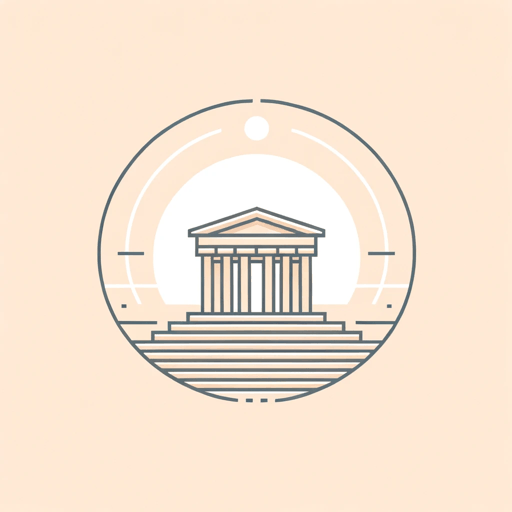43 pages • 1 hour read
Mircea Eliade, Transl. Willard R. TraskThe Myth of the Eternal Return
Nonfiction | Book | Adult | Published in 1949A modern alternative to SparkNotes and CliffsNotes, SuperSummary offers high-quality Study Guides with detailed chapter summaries and analysis of major themes, characters, and more.
Important Quotes
“This dismissal, this opposition, are not merely the effect of the conservative tendencies of primitive societies, as this book proves. In our opinion, it is justifiable to read in this depreciation of history (that is, of events without transhistorical models), and in this rejection of profane, continuous time, a certain metaphysical ‘valorization’ of human existence.”
(Foreword, Page xxiii)
Eliade wants his reader to grasp the instructional value of studying archaic religions. An essential aspect of this project entails understanding the relation of ancient peoples to history, a model of time that he claims they devalued. In rejecting the importance of historical accumulation, ancient humanity “valorized” the human being. They held sacred—and therefore valued—that which was “transhistorical,” or beyond rote, daily experience.
“The chief difference between the man of the archaic and traditional societies and the man of the modern societies with their strong imprint of Judeo-Christianity lies in the fact that the former feels himself indissolubly connected with the Cosmos and the cosmic rhythms, whereas the latter insists that he is connected only with History.”
(Preface, Pages xxvii-xxviii)
Eliade introduces an essential distinction between two contrasting people: archaic and modern humanity. For the archaic individual, there was a fundamental connection between their humanity and the natural world, the cosmos in its entirety. Truth resided in the establishment and reinvigoration of this connection. For modernity, though, the individual is alienated from the cosmos and is, instead, embedded in a historical progression.
“If we observe the general behavior of archaic man, we are struck by the following fact: neither the objects of the external world nor human acts, properly speaking, have any autonomous intrinsic value. Objects or acts acquire a value, and in so doing become real, because they participate, after one fashion or another, in a reality that transcends them.”
(Chapter 1, Pages 3-4)
For the archaic individual, the value of any object or act derives from its connection to the transcendent. The value of an object is not intrinsic to it but instilled through its connection to the beyond; in other words, meaning exists solely within a field of relational tension between immanent and transcendent. The archaic ontology therefore has a nascent structure of analogy.
Related Titles
By these authors


